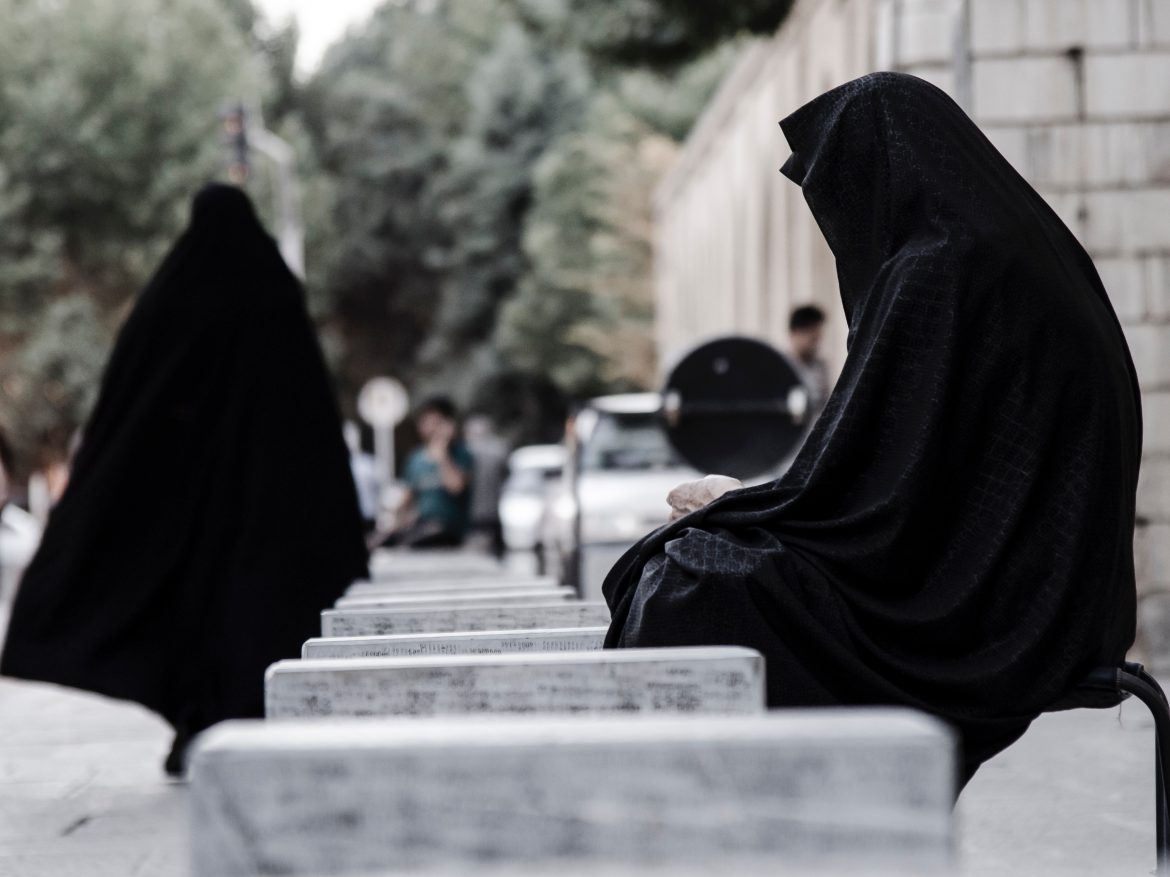Washington Kurdish Institute
July 6, 2017
The number of Kurdish opposition groups in the Islamic Republic of Iran has grown over the past 30 years. For the most part, this has been less a statement on the fracturing of existing groups and more of a statement on the increase in diversification of methods. Not every group will appeal to every Kurd, and as time goes on, the growing variety of these groups allows for a greater likelihood of mass appeal. The Kurdish struggle in Iran has ceased to be monolithic. Young Kurds attracted by political nationalism find breathing room in the Party of Democratic Kurdistan of Iran (PDKI) while others choose organizations like the Society of Revolutionary Toilers of Iranian Kurdistan (Komala) or The Kurdistan Free Life Party (PJAK).
If one looks at the growing number of resistance groups as an increase in supply, then it is easy to see how an increase in demand has created such pressure. There is an incentive structure in place for Kurds to rebel. The most obvious reason for this is that the governing body of Iran is extremely hostile towards dissenting thought. The government has publicly executed political malignants, tortured citizens, and continued with a campaign of foreign meddling while internal instability remains dangerously high. These actions plague the Kurdish community to a great extent and foster an ever frustrated populace.
During an interview with the Washington Kurdish Institute (WKI) Arash Saleh, the representative to the United States for the Democratic Party of Kurdistan Iran (PDKI) talked about the current situation and challenges facing Kurds in Iran. Mr. Saleh talked about confronting issues that were not only relevant to the Kurdish population, but also to Iran as a whole. This absolute perspective brought legitimacy to the issues Kurds live through on a daily basis. Though there is an issue in Iran of inherent differences between ethnic groups, the greater struggle is one we see replicated in countries with Kurdish populations throughout the Middle East: an authoritarian government refuses to allow individual opinion, either through personal expression or civic participation.
Saleh perfectly described Iran’s regime in one line: a “totalitarian regime that wants to have control of all aspects of the social and individual life of people.”
The PDKI was founded on August 16, 1945, by a Kurdish leader Qazi Mohammed. Since then, the party has fought against the Iranian regime in advocacy of the recognition of basic rights for Iran’s Kurdish population.
“The PDKI’s main strategic goal has been described as our strategic slogan: Democratic Federal Iran,” Saleh said. “Our basic role is to establish federalism within a democratic Iran which all nationalities have their own basic rights to govern their areas, govern themselves and also participate in the central government in Tehran.”
However, when asked about the upcoming Independence Referendum in Iraqi Kurdistan (a move that would go beyond the idea of democratic federalism), Saleh seemed to support the idea, saying that “we believe in the self-determination of people.”
In recent years, the Iranian regime has continued its repression against its Kurdish population. Not only has the number of executions against Kurdish political activists increased, but, according to an Amnesty International annual report, almost all forms of political repression (e.g. torture, indefinite detention) against perceived dissidents has increased overall. As the Amnesty report explained: “the authorities heavily suppressed the rights to freedom of expression, association, peaceful assembly and religious belief, arresting and imprisoning peaceful critics and others after grossly unfair trials before Revolutionary Courts.”
When asked to contrast the Rouhani and Ahmadinejad presidencies and their treatment of civil liberties in Iran, Saleh said that “Iran’s structure and ideology do not allow for civil liberties,” adding that “ironically, the situation after Ahmadinejad has been worsening.” Despite the usual perception of Rouhani being the reformist, liberal compared to Ahmadinejad’s traditionalist conservatism, Saleh views both politicians as supporters of the repressive Iranian theocracy.
“There is a very delicate reality here that we should notice,” Saleh explained. “The totality of the regime sees you as Kurds, so it doesn’t make a difference whether it’s Ahmadinejad or Rouhani [in office].”
He also observed that “the executions have been going up recently, especially after the second term of Rouhani started.” And Saleh is right: the reality is that those who are labeled reformers, such as Rouhani, are in reality reformers in name only. The vocal hostility of former President Mahmoud Ahmadinejad to the West became too loud for most. Hassan Rouhani became the public image of a calmer Iranian regime — an Iranian regime that doesn’t actually exist.
Kurds aren’t the only minority groups who are the target of oppression in Iran, however. The Baha’i, Balochs, Arabs, and secular Persian groups are all also targeted by the regime as well. Many of these aforementioned groups allied with Kurdish parties in Iran to create a political alliance called The Congress of Nationalities for a Federal Iran (CNFI).
“We all have the same goal which is a democratic, federal Iran,” Saleh said about the CNFI. “So, this organization [CNFI] provides us with mechanisms to work with each other and it is the main opposition coalition.”
Saleh also believes that the American government can and should play a role in assisting these opposition forces in Iran — a role that stands as a “middle way” between “boots on the ground” and blanket inaction. The American government, according to Saleh, should help the opposition forces “to change the regime there by themselves” and “help them to bring democracy to Iran by themselves.”
While Saleh believes that the current Iranian regime is “a threat to American interests” he explained that, in contrast, “a democratic federal Iran will be in the interests of the United States.”

